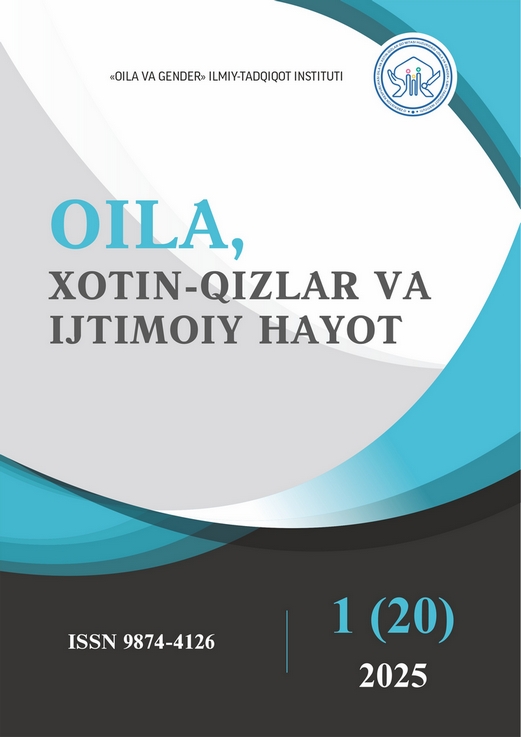Improving the mental development of adolescents through family and school collaboration
Abstract
This article analyzes how cooperation between family and school affects adolescents’ mental development. It explores how collaboration between family and school can positively impact cognitive abilities, academic performance, and personal growth. The article presents various ways of family and school collaboration, including communication strategies, shared responsibility, and collaborative activities
Keywords:
cooperation of family and school mental development adolescents mental abilities method education teachingReferences
Epstein, J.L., & Sheldon, S.B. (2002). Present and accounted for: Improving student attendance through family and community involvement // The Journal of Educational Research, 9 5(5), 308-318. DOI: 10.1080/00220670209596604.
Hoover-Dempsey, K.V., & Sandler, H.M. (1997). Why do parents become involved in their children’s education? Review of Educational Research, 67 (1), 3-42. DOI: 10.3102/00346543067001003.
Hill, N.E., & Tyson, D.F. (2009). Parental involvement in middle school: A meta-analytic assessment of the strategies that promote achievement. Developmental Psychology, 45(3), 740-763. DOI: 10.1037/a0015362.
Chavkin, N.F., & Williams, D.L. (1989). The minority parent and the elementary school: Attitudes and practices // The Elementary School Journal, 91(3), 273-284. DOI: 10.1086/461599
Jeynes, W.H. (2005). A meta-analysis of the relation of parental involvement to urban elementary school student academic achievement // Urban Education, 40(3), 237-269. DOI: 10.1177/0042085905274540
Downloads
Published
How to Cite
License
Copyright (c) 2025 Ummatkulova Nigora

This work is licensed under a Creative Commons Attribution 4.0 International License.










